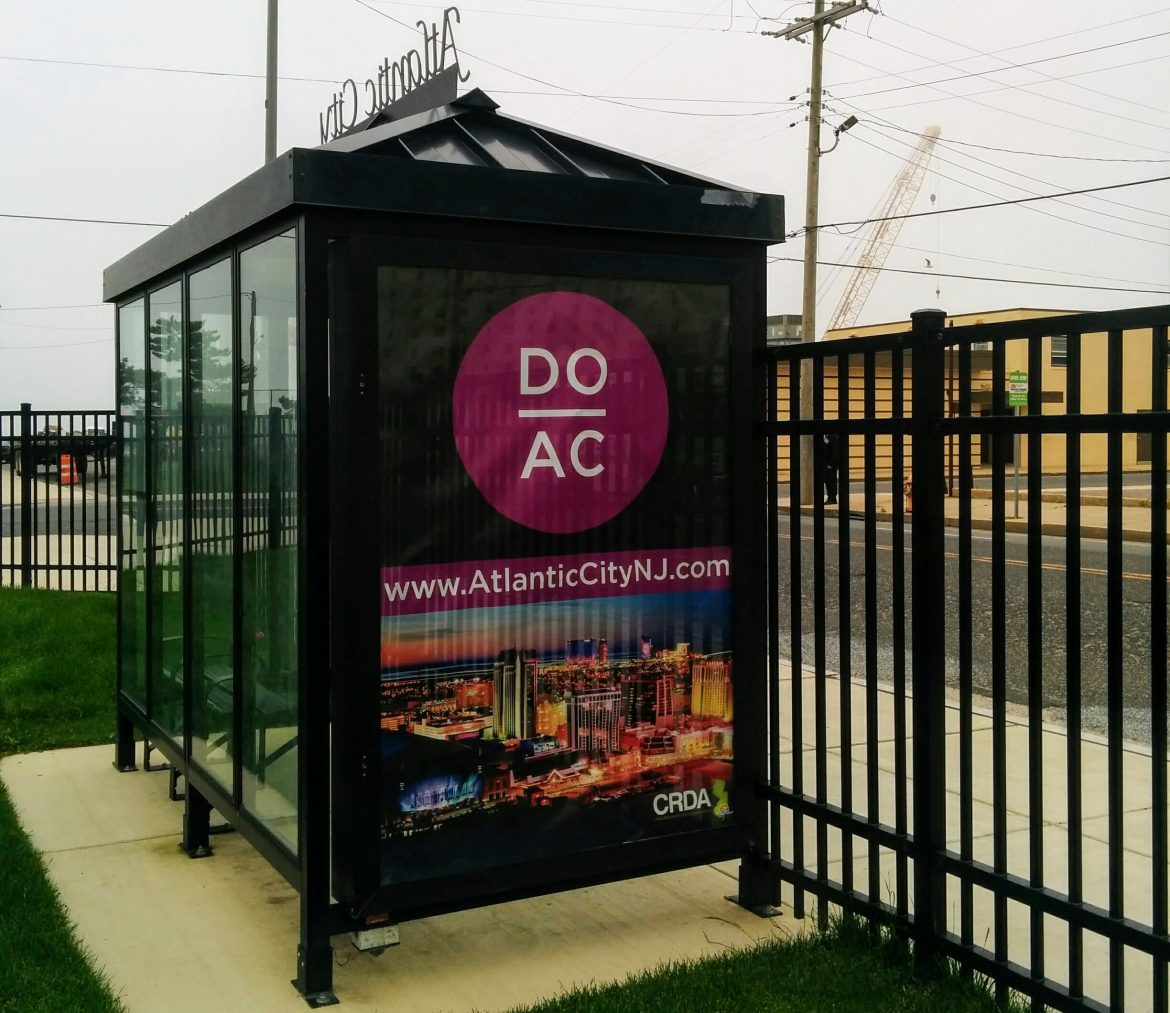New Jersey’s Casino Reinvestment Development Authority has awarded pay increases to close to one third of its employees, in some cases raising salaries by tens of thousands of dollars, even as it cut jobs earlier this year citing budget constraints.
CRDA increased the pay of 29 employees, with more than half receiving a raise of at least 10 percent, according to payroll details obtained from a public information request. Although some of the increases could have come as a result of job-role changes, it is not clear why there were so many staff who received a raise, or why many of the raises were so big. Officials for the Authority and the Governor’s office did not respond to requests for comment.
A handful of CRDA staff now earn as much or more than Atlantic City Mayor Don Guardian, who has not received a pay increase since coming to office in 2014. The highest-paid CRDA employees also take home more than many of Atlantic City’s firefighters and police, who have recently been forced to take pay cuts amid the state takeover of city government.
The pay raises seem out of step with a city where more than one third live in poverty, apparently in spite of the Authority’s best efforts to squeeze local economic development from Atlantic City’s $3.7-billion-dollar casino industry.
But this is not the first time the Authority’s own spending has been inconsistent with forced belt-tightening elsewhere in the city. The office of Governor Chris Christie, who has in the past favored capping public-sector pay and whose lawyers went to court to force pay cuts on the city’s police and firefighters, approved a decision by CRDA’s board to award some members thousands of dollars in back pay and salaries this year.
Governor’s Office Signed Off On Back Pay, CRDA Chairman Says
Last year, the state diverted millions of dollars in funding away from CRDA to help cash-strapped Atlantic City pay down debt. In response, CRDA reduced its estimated 2017 payroll by $901,000 from the year earlier, in part by cutting 30 full- and part-time positions from its 2016 payroll, the documents show. “We have adjusted financially to accommodate the reduction in investment alternative tax revenues, which have been redirected in part to pay the bond debt service of Atlantic City,” Executive Director Chris Howard said at the time. (The hiring of Howard last year on a salary of $175,000, also saved the Authority some $50,000 from the salary former Executive Director John Palmieri received.)
Based on the estimated 2017 payroll numbers, CRDA cut its total payroll by 18 percent to just over $4 million. But that estimated figure could change, with the inclusion of overtime and possible additional work for hourly workers. “The amount is the annual salary for the salaried employees and the estimate of what the hourly employees will make at the end of the year,” explained CRDA’s assistant general counsel, Sharon Dickerson.
The pay raises at CRDA were not evenly applied. Most seem to have gone to administrators and officials in the Authority’s planning and finance departments. Ten top CRDA employees – not including the executive director – now earn $90,000 or more a year. Three of those employees received raises of around $5,000, two more received a raise worth $10,000, another one received a $15,000 bump in pay this year and one financial official received a raise of close to $50,000. The two highest-paid officials in the Special Improvement Division, which oversees public works in the Tourism District, did not receive any pay raise.
It is not clear what the next New Jersey governor will do with CRDA. The Authority’s power has waned in lockstep with the city’s stagnating casino revenues. The biggest current development projects in Atlantic City are being funded by the New Jersey Economic Development Authority. CRDA is also under some scrutiny at the state level. The Office of the State Auditor is in the process of completing an audit of CRDA – the first in the authority’s history.
